US threats over Baghdad’s S-400 procurement detached from reality: Iraqi MP
An Iraqi lawmaker has dismissed US threats to impose sanctions on Baghdad over its procurement of advanced Russian-made S-400 missile defense systems, saying such pressure is far away from realities on the ground.
“US sanctions on Iraq need the approval of decision-making bodies in that country,” Ali al-Ghanmi, a member of the Parliamentary Security and Defense Committee, said in an interview with Arabic-language Baghdad Today news agency on Thursday.
He asserted that the US punitive measures over Russian S-400 missile systems would be simply formal sanctions, which would not actually materialize and would fall short of their objectives.
“According to the Constitution, Iraq is free to arm itself, acquire necessary military hardware and purchase any system it deems appropriate under the circumstances. The import of S-400 missile systems requires Russian supervision, and its training of Iraqi military personnel,” Ghanmi pointed out.
On January 10, Iraqi lawmakers said the government had decided to move forward with negotiations to buy Russian S-400 air defense missile systems in response to concerns the US may withdraw its support for Baghdad.
“We are talking to Russia about the S-400 missiles but no contracts have been signed yet,” Karim Alawi, a member of the Iraqi parliament's security and defense committee, announced.
He added, “We need to get these missiles, especially after Americans have disappointed us many times by not helping us in getting proper weapons.”
Alawi further noted that Iraq’s national security adviser Falih al-Fayadh traveled to Russia three months ago for negotiations with Russian officials about the missiles, but anti-government protests and the resignation of Prime Minister Adel Abdul-Mahdi delayed the talks.
Abdul Khaleq al-Azzawi, another member of the Iraqi parliament's security and defense committee, said, “We authorized the prime minister to get air defense weapons from any country he wants and we authorized him to spend the money for it, from any country, from Russia or anyone.”
Earlier this year, Igor Kurushchenko, a member of the General Council of the Russian Ministry of Defense, announced that Iraq could improve its air defense capabilities with the help of the Russian S-400 missile system.
Kurushchenko underlined that the recent US assassination of Lieutenant General Qassem Soleimani, the commander of the Quds Force of Iran’s Islamic Revolution Guards Corps (IRGC), in an airstrike ordered by US President Donald Trump, clearly indicated that Baghdad needs to improve its air defense system.
“Iraq is a partner to Russia in the field of technical military cooperation. Russia can send the necessary means to ensure the country's sovereignty and reliable protection of its airspace, including the supply of S-400 missiles and other parts of the air defense system,” he pointed out.
The United States has already warned Iraq of the consequences of extending military cooperation with Russia, and striking deals to purchase advanced weaponry, particularly S-400 missile systems.
Former US State Department spokeswoman Heather Nauert said on February 22, 2018 that Washington has contacted many countries, including Iraq, to explain the significance of the Countering America’s Adversaries Through Sanctions Act (CAATSA), and possible consequences that would arise in the wake of defense agreements with Moscow.
On August 2, 2017, US President Donald Trump signed into law the CAATSA that imposed sanctions on Iran, North Korea, and Russia.
‘All wars have rules. All of those rules have been broken’ by Israel
VIDEO | Report flags India’s violation of rights of Rohingya detainees
Turkey's foreign minister meets Syria's de facto leader in Damascus
'Next to impossible' to rescue patients from Gaza's Kamal Adwan Hospital: Director
VIDEO | Vietnam current prosperity
Report blames gasoil exports for shortage at Iranian power plants
VIDEO | Hind Rajab Foundation names Israeli war criminals vacationing after Gaza genocide
VIDEO | Australians rally for Gaza ahead of Christmas festivities


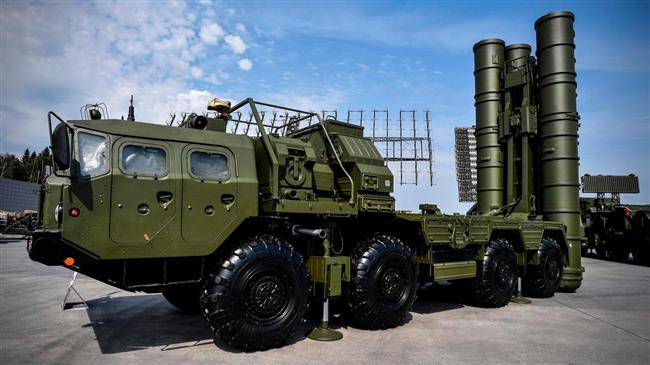









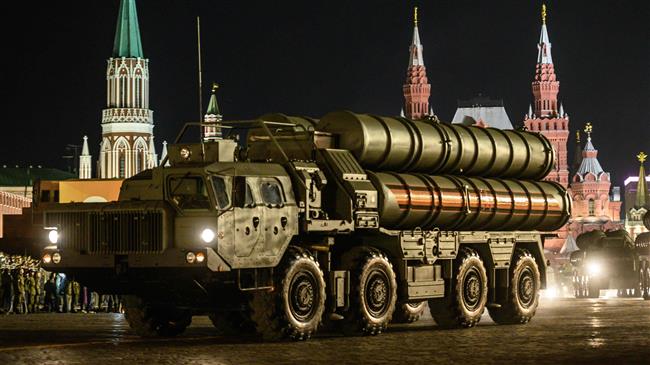
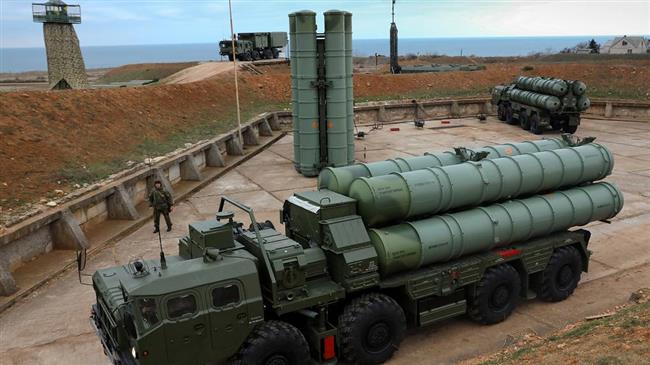
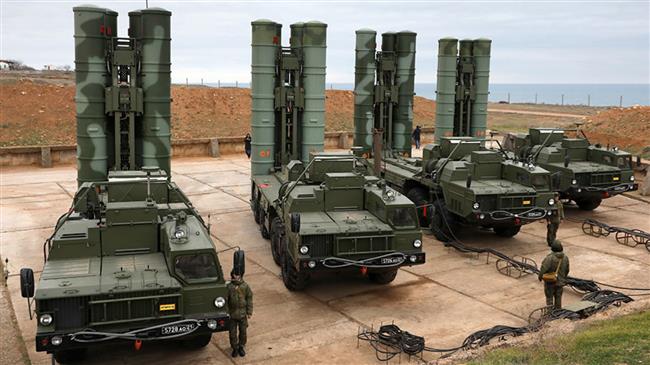
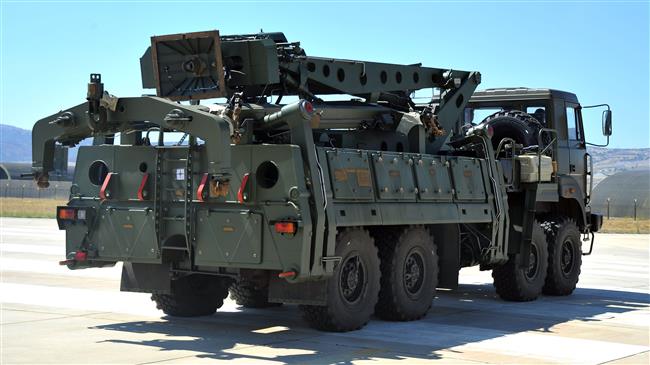
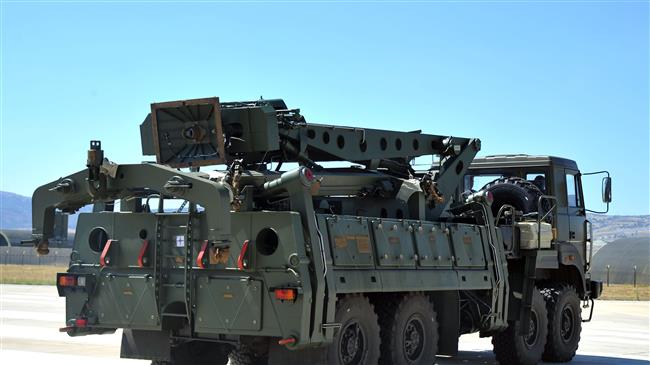
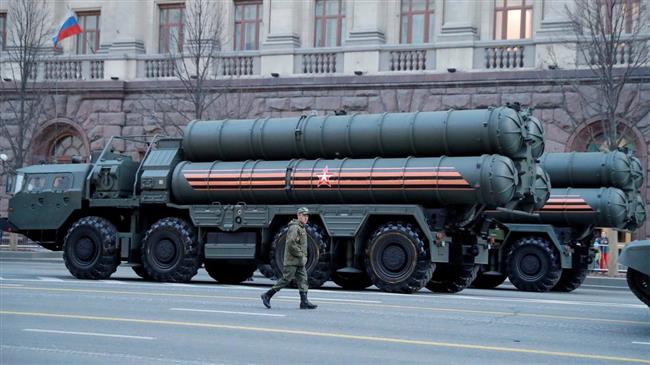
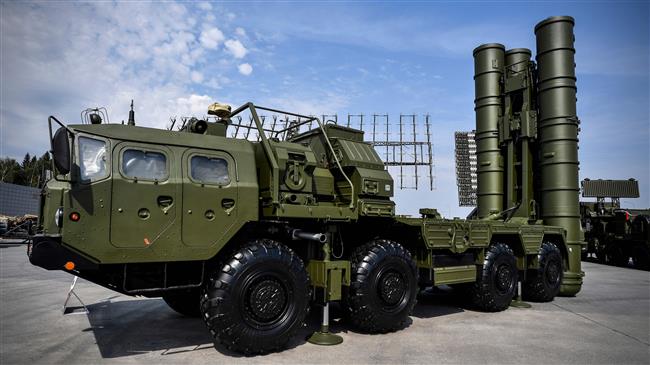

 This makes it easy to access the Press TV website
This makes it easy to access the Press TV website